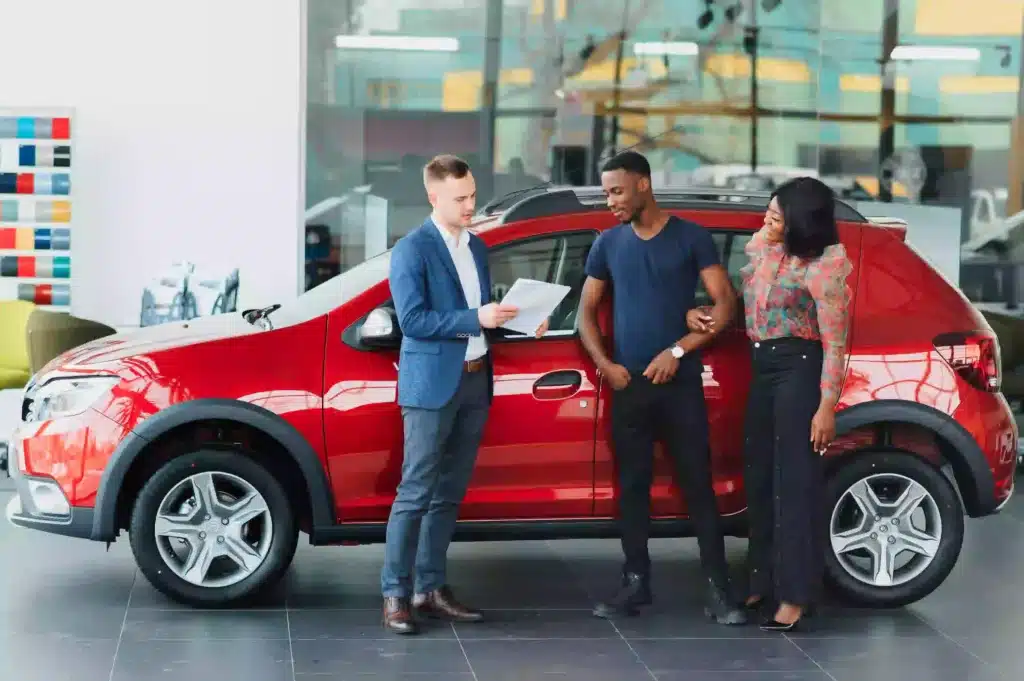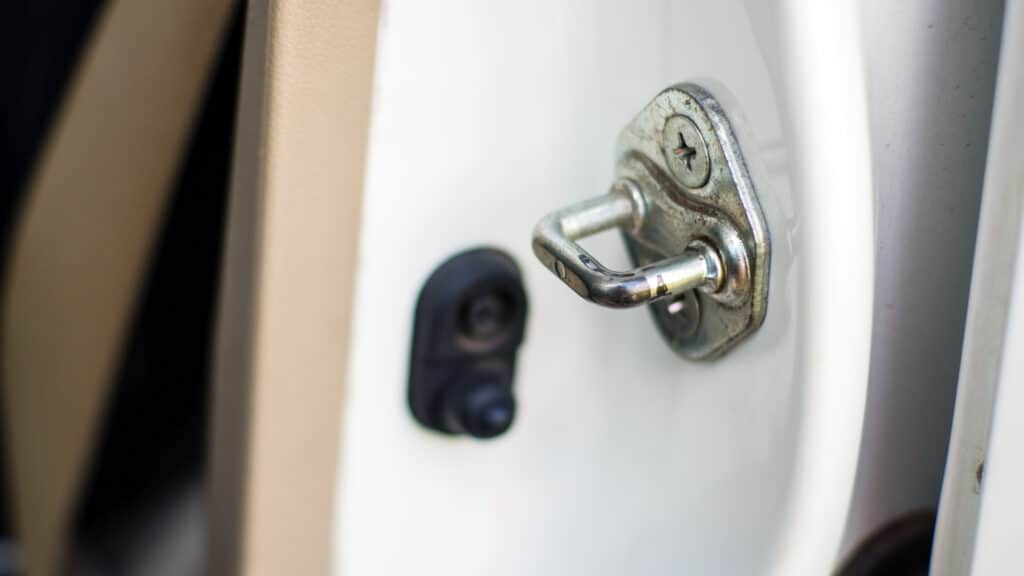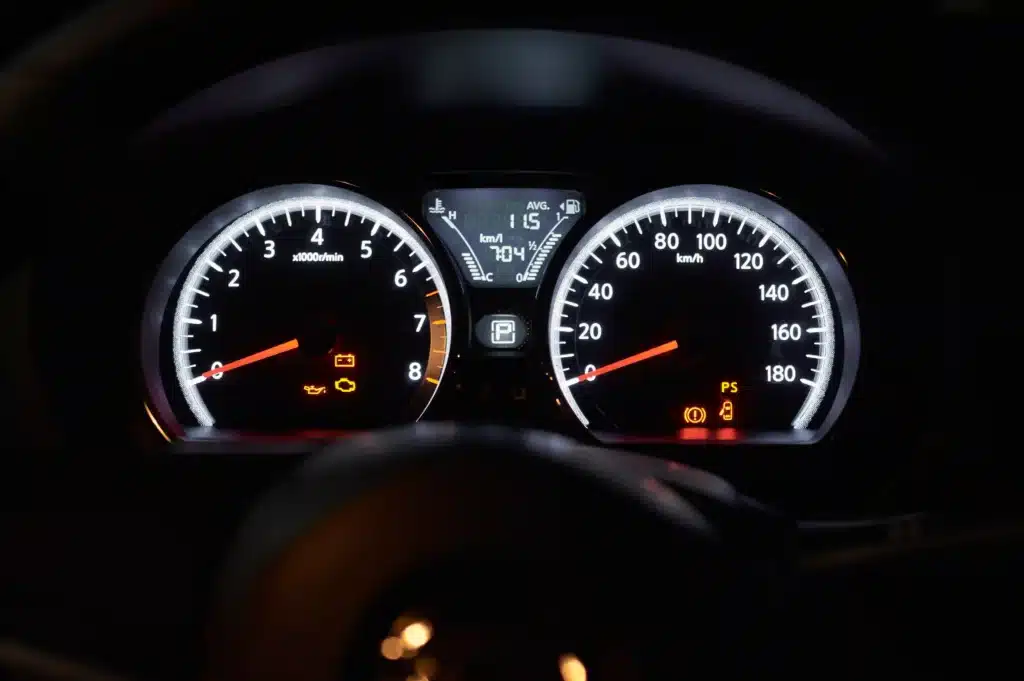Auto Buying Guide
Home » Auto Buying Guide
Buying and Protecting Yourself From Lemon Vehicles
Buying or leasing a vehicle can be a major investment, especially in California, where thousands of defective “lemon” vehicles are sold each year. This hub page is your go-to resource for understanding how to spot potential lemon cars, protect your rights, and navigate the buying process with confidence. Explore essential topics like vehicle inspections, history reports, warranties, recalls, safety investigations, and tips to avoid costly mistakes—empowering you to make smarter decisions and know what to do if you end up with a lemon.

Our Blogs





